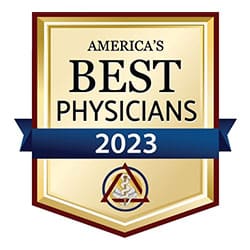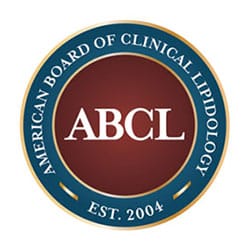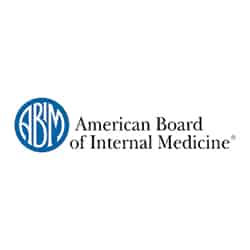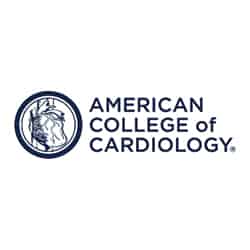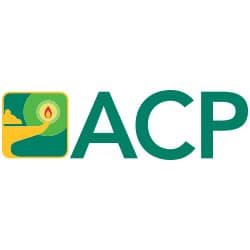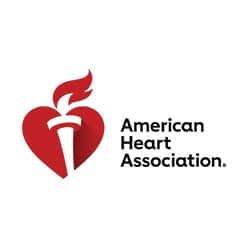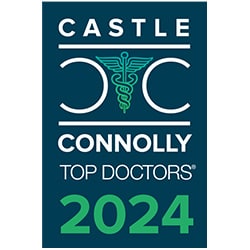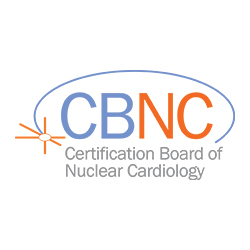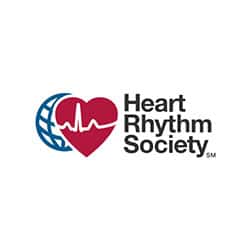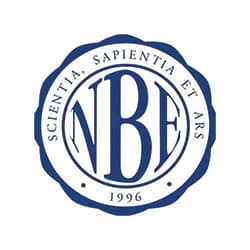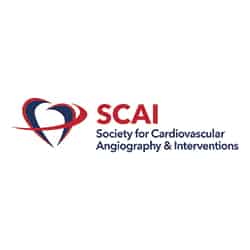Circumventing the Dam!
Although the exact mechanism by which ECP improves symptoms remains undefined, recent studies suggest it might increase the development of collateral circulation with subsequent improvement in myocardial perfusion. We are all born with some ability to circumvent a narrowed vessel by opening tiny branches of other nearby vessels. This process is called “collateral circulation.” Think of an irrigation channel and what happens if the channel is blocked. The water naturally finds a new path around the blockage. This is essentially what happens in “collateral circulation.” Unfortunately, most of us are not very efficient at developing these new networks of collateral blood flow.
Does ECP Carry Any Risks?
Though rare, some patients develop minor abrasions from the rubbing of the cuff system. The ECP therapist or your physician can describe any potential risk and/or complications that may occur.
What Are My Other Treatment Options?
Some patients may still have the option of bypass surgery, angioplasty, drug therapy or TMR (Trans Myocardial Revascularization). You should ask your physician which of the options best matches your situation.
How Can ECP Help Relieve Angina?
Your heart is the pump that supplies blood flow throughout the body. It supplies tissues with the oxygen and nutrients that are needed to sustain life. In order to efficiently accomplish this important task, the heart muscle needs oxygen-enriched blood to generate energy for pumping blood to the body. The heart relies on its own set of blood vessels called coronary arteries to receive oxygenated blood. ECP seems to improve circulation to your heart muscle by opening new pathways that circumvent the blocked arteries.
Many patients see:
- Less medication is required
- Fewer angina attacks
- They can do much more physically such as walking, golfing and gardening
- Life becomes more “normal”
How Will I Feel During and After I Finish the Therapy?
Most patients describe the treatment as a vigorous massage. They also say that after you get used to it, reading or sleeping during the treatment is very easy. Right after finishing a treatment many are energized or invigorated, but some feel a little tired.
How Long Before I Feel Better?
Every patient is different, but most patients start to see improvement about halfway through the 7-week cycle. Some feel a positive difference after just a week and some require more than 7 weeks. It is very important that the sessions are not missed.
What Advantages Does ECP Have Over Other Treatments?
ECP is less expensive, non-invasive, and doesn’t require recuperation after treatment. Rather than checking into a hospital, you visit an outpatient facility and can drive yourself home when each session is completed.

Just What is an ECP Treatment?
ECP is a non-invasive procedure that may reduce the symptoms of chronic angina by stimulating the formation of small branches of blood vessels (collaterals), which circumvent the blocked arteries. Counterpulsation occurs while the heart is resting (diastole). It is during diastole that the CardiAssist system actually pumps, sending blood back to your heart. Air is inflated into a series of cuffs placed on your calves, thighs, and buttocks. The system compresses your lower extremities in sequence (like a wave) which increases blood flow back to your heart. The inflation of these cuffs is timed to your heartbeat so the blood arrives at precisely the time the heart relaxes. A fraction of a second before your heart beats again, the cuffs are instantaneously deflated, enabling the blood in your heart to be pumped (systole), with minimal resistance. This decreases the amount of work your heart must perform.
It’s as simple as 1, 2, 3…
- One: ECP pumps, sending oxygenated blood to the heart during diastole (the heart is resting)
- Two: ECP stops pumping just before the heart pumps, leaving the blood vessels open and void of resistance.
- Three: Over the treatment period your angina is reduced, or may even be eliminated.
How Does ECP Treatment Help My Heart Work Less?
ECP lowers your pressure during systole (when the heart is pumping) and increases your pressure during diastole (when the heart is resting). As a result, your heart doesn’t have to work as hard to supply your body with blood flow. A study has shown the accumulation of 35 hours of treatment produces a decrease in peripheral vascular resistance similar to the “training effect” of exercise. The combination of improved myocardial perfusion and less vascular resistance may explain the symptomatic improvement in patients.
What Does ECP Therapy Feel Like?
ECP with the CardiAssist Counter Pulsation System feels like a vigorous massage. After putting on your stretch tights, electrodes are applied to your chest to provide an ECG signal so that the CardiAssist system will be properly timed to your heartbeat. A sensor will also be clipped to your finger to give your blood pressure tracing. This is how the therapist determines the proper settings to maximize the effect of the therapy. Next, the therapist places the cuff system around your calves, thighs, and buttocks. When activated, the cuffs provide “leg-hugs.” These leg-hugs start in a waveform up the legs from the calves to the thighs and finally the buttocks.
Do I Need to Do Anything Before Having ECP Therapy?
Once you know you qualify for ECP therapy there are a few helpful pre-treatment do’s, don’ts, and facts. First, you must understand that you are committing to one hour sessions, five days per week, for seven weeks. Interruptions in the daily routine are not good and should be avoided if at all possible. You should plan to spend about an hour and a half each day at your treatment center. You may feel somewhat tired at the end of the first week, due to the “passive exercise” effect of ECP. Each day, your therapist will conduct a pre-treatment questionnaire and take your blood pressure prior to starting your therapy.
We recommend the following:
- Arrive at least 15 minutes before your scheduled time
- Wear stretch tights to reduce skin irritation
- Wear form-fitting underwear, not boxers
- Wear short socks if possible
- Consume very little food or fluids before treatment
- Be sure to urinate before starting the therapy
- Take your medications as directed by your physician
- Wear an open-necked top, the looser fitting the better
- Bring your spouse/friend if you like
- How Do I Know If I Qualify for ECP?
Only your doctor can evaluate your condition and determine if you are a candidate for ECP, but the general criteria are:
- You have angina symptoms
- You have had previous invasive procedures, but the pain remains or has returned
- Nitroglycerin no longer gives you relief
- Your physician has determined that you are no longer a candidate for any invasive procedure
Your physician should exercise his/her medical judgment when applying the CardiAssist ECP System to patients with severe peripheral vascular disease, deep vein thrombosis, aortic regurgitation, left ventricular hypertrophy, pacemakers, left or right bundle block, uncontrolled arrhythmias, significant aortic valve disease, significant pulmonary disease, or unsuitable lower extremity anatomy (e.g. amputation or congenital deformity). There is no data to support the use of ECP during pregnancy.
Clinical Benefits
External counterpulsation has produced positive effects in patients with coronary artery disease. These are some of the benefits that have been observed and/or published in various medical publications:
- Relief from angina symptoms
- Fewer episodes of angina
- Improved treadmill exercise times
- Nuclear stress tests show increased blood flow
- Reduction in the need for anti-anginal medications
- Improvements in lifestyle activity levels
- Ability to return to work
Where Does SLHV Offer ECP Therapy?
ECP Treatment is offered at three of our office locations:
– 3550 McKelvey Rd. Bridgeton, MO 63044 | Phone: (314) 741-0911 | Fax: (314) 653-3661
– 11155 Dunn Rd., Suite 304E St. Louis, MO 63136 | Phone: (314) 741-0911 | Fax: (314) 653-3673
– 2120 Madison Ave., Suite 101 Granite City, IL 62040 | Phone: (888) 741-0911 | Fax: (314) 653-3662

